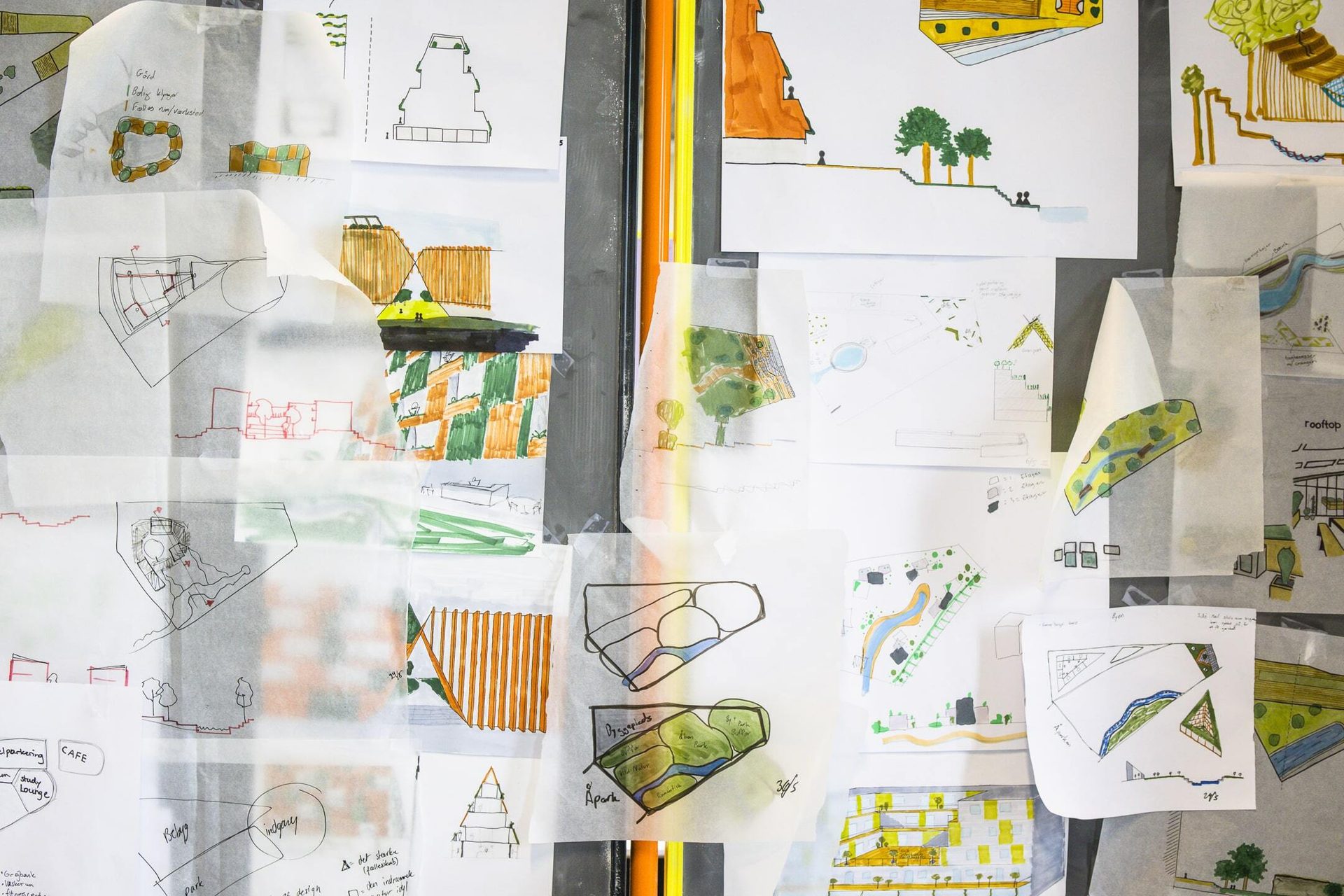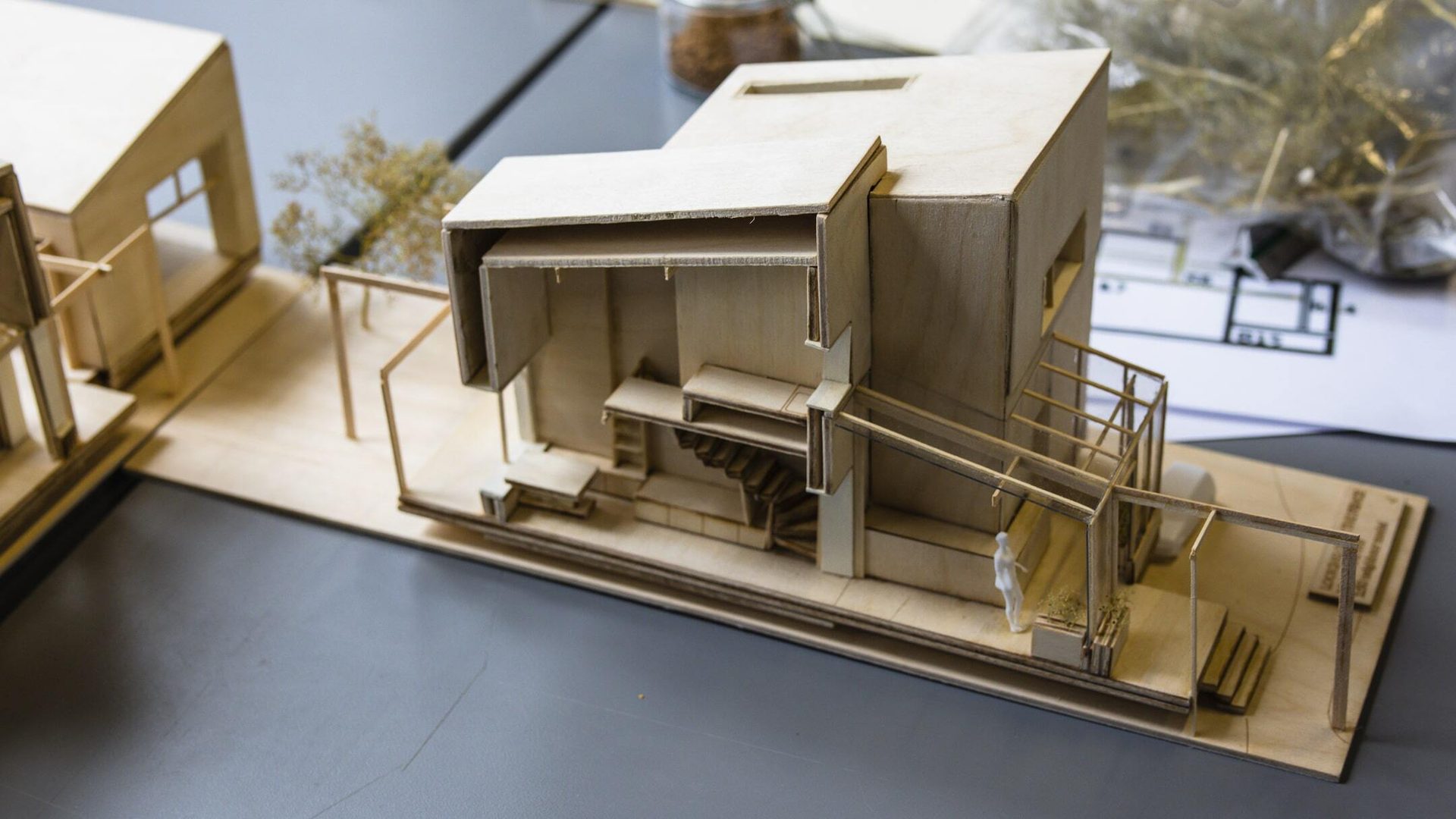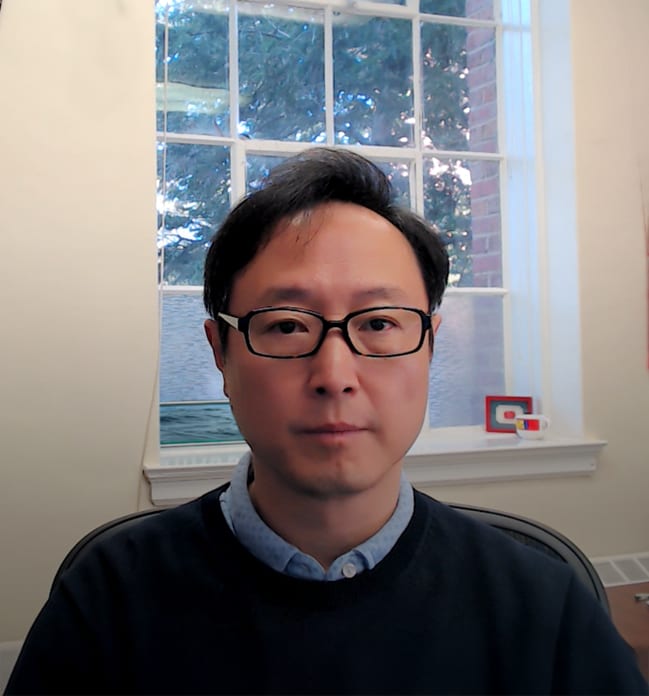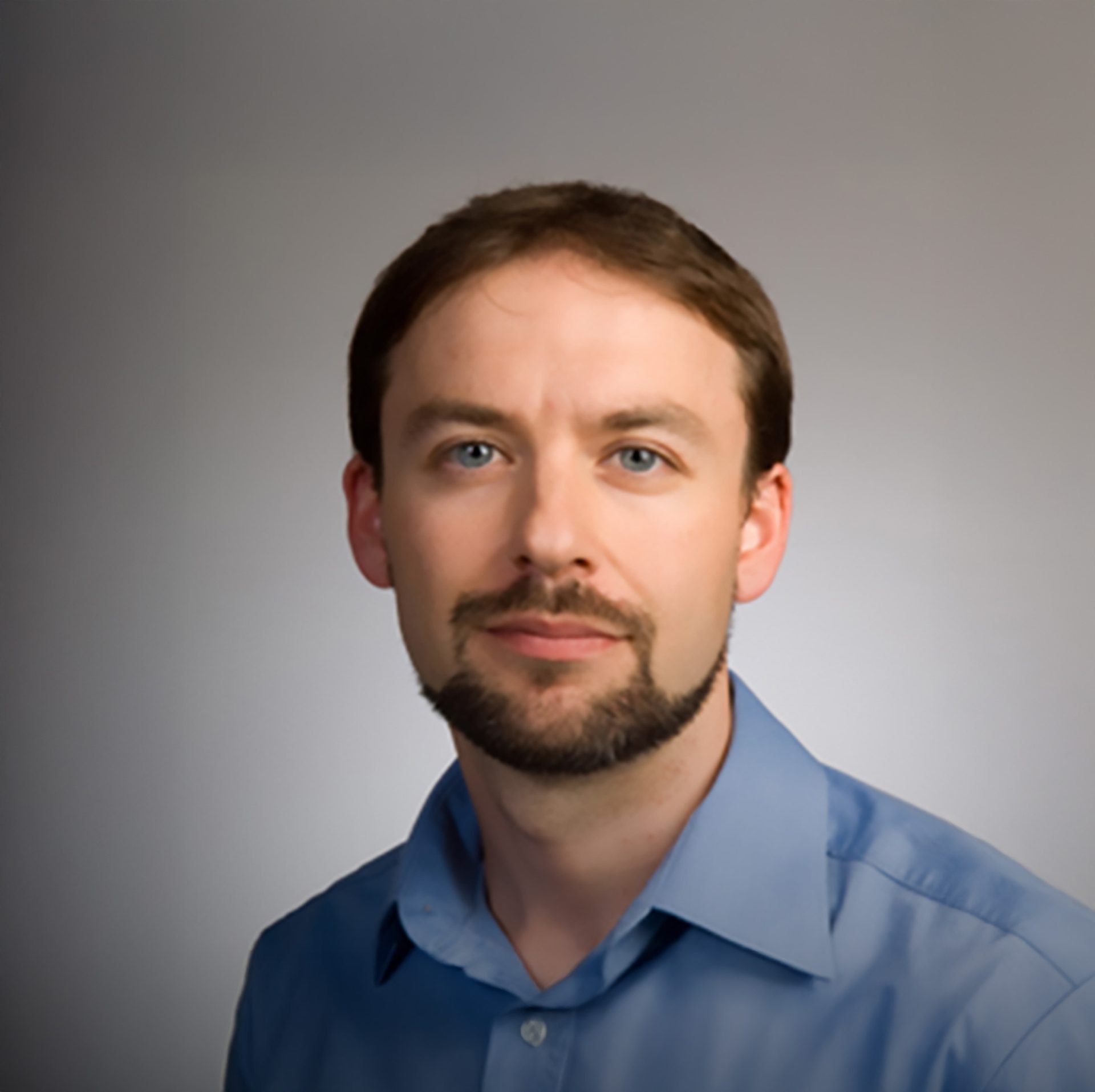In Aalborg, a city once defined by factories and shipyards, the skyline now tells a different story — one of innovation, sustainability, and human-centred design. This is the home of Aalborg University’s Department of Architecture, Design, and Media Technology (CREATE), fitting for how it is shaping the future of cities through the fusion of design, engineering, and urban planning. Its mission is simple yet ambitious: to build liveable, sustainable societies for all.
Nestled on the city’s waterfront, CREATE is part of the second-best university in the EU for engineering and the ninth most sustainable in the world. True to this reputation and its name, CREATE blends architecture, design, and media technology with robust engineering expertise. Its programmes embrace the Scandinavian tradition of creating cities that are both functional and deeply liveable, with sustainability embedded at every stage.
This approach is especially clear in CREATE’s Architecture and Urban Design section, which looks at the built environment as a whole. Whether it’s the fine details of a single building or the vast scale of an urban megastructure, the focus is on shaping development through collaboration across disciplines. By bringing together insights from architecture, engineering, and design, CREATE works to create spaces where communities can thrive.
150
researchers, teachers, and PhD students make up the department
#4
Ranked
in Times Higher Education’s University Impact Rankings
4
sections make up the Department of Architecture, Design, and Media
Designing better cities through research and collaboration
Behind every street, square, and skyline are people imagining, designing, and building spaces for how we live and interact. The Architecture and Urban Design section is dedicated to this proces. Its research and teaching spans creating individual buildings to planning the larger systems that connect them.
Guided by curiosity, critical thinking, creativity, democracy, aesthetics, and technical expertise, the section seeks to generate knowledge that can shape and challenge ideas about a sustainable future. Here, architecture is just as much about form and function as it is about the role it plays in society and the conversations it sparks.

This vision is brought to life through two education and research areas: Urban Design and Architectural Engineering. Both are leaders in their fields, delivering results through integrated, interdisciplinary design research. By combining design and technology with social science, they address challenges from multiple angles.
Partnerships are central to their work. They engage with industry, government, and community stakeholders. These collaborations ensure that the ideas born here reach beyond the classroom, influencing the cities of today and inspiring those of tomorrow.
Discover the postgraduate programmes
This programme combines the expertise of Urban Architecture, Mobility, and Urban Studies into one engaging programme. You will approach urban planning with a focus on people, incorporating community perspectives and societal needs into your designs.
Excursions, research trips, and collaborations with municipalities, design studios, and other professionals are frequent. These provide fresh insights, spark creativity, and build connections. From seminars and open lectures to exhibitions and the annual Urban Design Day, inspiration is practically built into the calendar
Urban Design, Master of Science (MSc) in Technology

This programme fuses architecture with the art of engineering, giving you a strong foundation in tectonic design and sustainable architecture. It equips you to draw and model energy-neutral buildings while working with eco-friendly materials and construction methods. You will explore user-oriented design, indoor climate, and integrated architecture through practical projects and research.
Along the way, you gain experience in creating buildings that are both functional and environmentally responsible. By engaging with these diverse aspects of design and engineering, you develop the skills needed to shape innovative, sustainable spaces that meet the needs of communities and the demands of the future.
Architecture, Master of Science (MSc) in Engineering

What graduates say

“Studying Urban Design at Aalborg University shaped how I approach real-world urban challenges — the collaborative and problem-based learning still influences my work today.”
Dr. Sung Woo Kim, Distinguished Professor
Animal nutrition
What graduates say
Grow your impact through focused programmes

At Rhodes Business School, part of the Faculty of Commerce, the AMBA-accredited MBA is grounded in the theme “Leadership for Sustainability.” You’ll find that every subject weaves in sustainable leadership principles. You’ll learn how to balance economic success with social and environmental responsibility. Teaching is guided by the school’s 4E model — Economy, Ethics, Ecology, and Equity. Your coursework will include a mix of core and elective modules, assessed through assignments, tests, or exams, which make up 67% of your degree. You’ll need to pass each module. The remaining 33% comes from a research mini thesis, which you must also complete successfully.
Master of Business Administration (MBA)
“I feel incredibly fortunate to have studied in such a great programme. Throughout the architectural master's programme, the emphasis on finding, developing, and strengthening my position in the field of architecture was a key focus.
The diverse range of engineering and architecture subjects, ranging from indoor climate and structural tectonics to materiality, transformation, and sustainability, allowed me to explore my passions, while the interdisciplinary nature of the programme provided invaluable support for this journey.
The PBL approach, which centres around real-world problems and addressing societal challenges, particularly in sustainability, equipped me with the practical skills and theoretical knowledge needed for life after graduation.
Furthermore, collaborative group work was a fundamental aspect of the programme, pushing us to develop the skills necessary to work effectively in a team-based environment. This experience taught me to work alongside people from different disciplines, tackling complex challenges that extend far beyond what any individual could address alone.”
Signe Glud,
Research Assistant at CREATE

“My master’s experience in Urban Design at Aalborg University was the greatest, thanks to the unique integration of social science and engineering. Engaged teaching and Problem-Based Learning (PBL) enhanced my teamwork skills, an invaluable asset for my future career.
As an urban design graduate, I have gained the ability to tackle complex urban, regional and societal challenges. With interdisciplinary knowledge from both engineering and social science, I am well-equipped to design cities for people that address these future challenges. I also appreciate the flexibility of my field, allowing me to pursue diverse career paths, from city planning and community engagement to engineering firms or small architectural firms. Whether working on small-scale urban details or large-scale city planning, the skills I have acquired empower me to contribute to sustainable and long-term urban development.”
Daniel Knud Hermansen,
Research Assistant at CREATE

“I really enjoyed project-based learning at AAU, where everyone engages with knowledge like clay, reshaping it into something new throughout the project development process. This approach to learning has continued to help me grow, even after graduation.”
Asami Ikeda,
Urban Designer and Business Developer at SquareOne ApS
“Studying Urban Design at Aalborg University shaped how I approach real-world urban challenges — the collaborative and problem-based learning still influences my work today.”
Ugne Noreikaite,
Research Assistant at CREATE
What graduates say
“Studying Urban Design at Aalborg University shaped how I approach real-world urban challenges — the collaborative and problem-based learning still influences my work today.”
Ugne Noreikaite
Landscape Architect at COWI
“I really enjoyed project-based learning at AAU, where everyone engages with knowledge like clay, reshaping it into something new throughout the project development process. This approach to learning has continued to help me grow, even after graduation.”
Asami Ikeda
Urban Designer and Business Developer at SquareOne ApS
“I really enjoyed project-based learning at AAU, where everyone engages with knowledge like clay, reshaping it into something new throughout the project development process. This approach to learning has continued to help me grow, even after graduation.”
Asami Ikeda
Urban Designer and Business Developer at SquareOne ApS
“My master’s experience in Urban Design at Aalborg University was the greatest, thanks to the unique integration of social science and engineering. Engaged teaching and Problem-Based Learning (PBL) enhanced my teamwork skills, an invaluable asset for my future career.
As an urban design graduate, I have gained the ability to tackle complex urban, regional and societal challenges. With interdisciplinary knowledge from both engineering and social science, I am well-equipped to design cities for people that address these future challenges.
I also appreciate the flexibility of my field, allowing me to pursue diverse career paths, from city planning and community engagement to engineering firms or small architectural firms. Whether working on small-scale urban details or large-scale city planning, the skills I have acquired empower me to contribute to sustainable and long-term urban development.”
Daniel Knud Hermansen
Research Assistant at CREATE
“I feel incredibly fortunate to have studied in such a great programme. Throughout the architectural master's programme, the emphasis on finding, developing, and strengthening my position in the field of architecture was a key focus.The diverse range of engineering and architecture subjects, ranging from indoor climate and structural tectonics to materiality, transformation, and sustainability, allowed me to explore my passions, while the interdisciplinary nature of the programme provided invaluable support for this journey.
The PBL approach, which centres around real-world problems and addressing societal challenges, particularly in sustainability, equipped me with the practical skills and theoretical knowledge needed for life after graduation. Furthermore, collaborative group work was a fundamental aspect of the programme, pushing us to develop the skills necessary to work effectively in a team-based environment. This experience taught me to work alongside people from different disciplines, tackling complex challenges that extend far beyond what any individual could address alone.”
Signe Glud
Research Assistant at CREATE

Copyright © 2025 Study International, official representative of Aalborg University, Department of Architecture and Design Engineering






